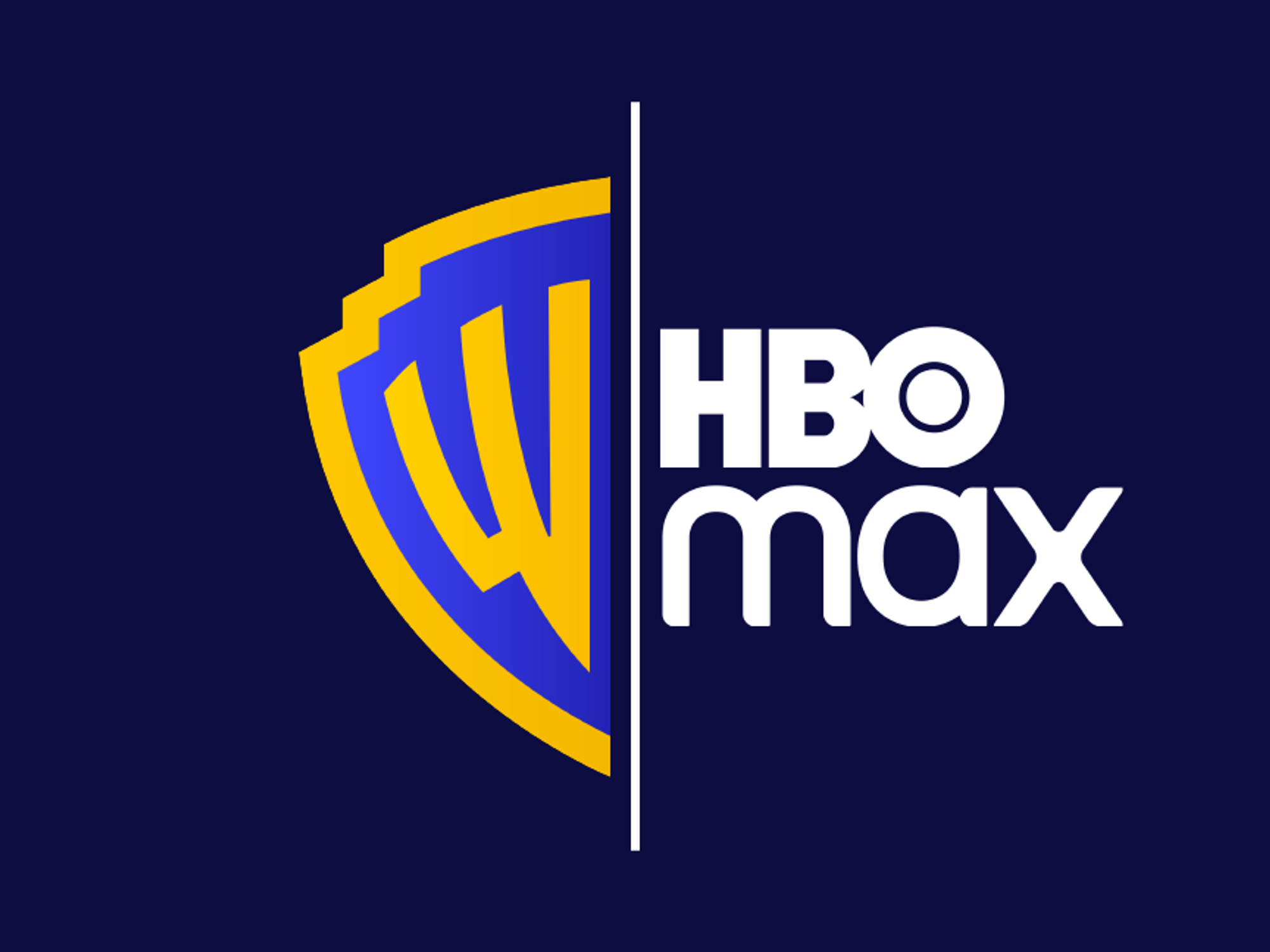Warner Bros. Discovery Challenges Exclusive Content Model with Multi-Platform Approach

Following months of speculation, Warner Bros. Discovery held a launch event for their new streaming service, uniting the HBO Max and Discovery+ libraries on to a single platform. The new service will be titled simply “Max,” and arrives for US consumers on May 23.
Among the new series promoted during the Max press event were a new retelling of JK Rowling’s “Harry Potter” saga, a “Game of Thrones” prequel series based on author George R.R. Martin’s “Dunk and Egg” books, “The Batman” prequel series “The Penguin,” another spinoff of “The Big Bang Theory” to compliment “Young Sheldon,” a series inspired by “The Conjuring” horror films, a new season of HBO’s “True Detective,” and an animated “Gremlins” prequel series.
Leveraging popular A-list franchises and characters is an obvious way to promote a streaming service and generate the kind of “must-see” content that will rope in global subscribers in the millions. Still, popular A-list franchises don’t just spring up out of nowhere; they start with original shows, films, and concepts. HBO, specifically, has long been a breeding ground for this kind of storytelling, with shows like “Barry” or “Succession” or “The White Lotus” or even “True Detective” not only keeping subscribers coming back season after season but giving the entire network its own distinctive voice and sensibility.
Even some of the new platform’s unscripted reality shows will have a branded IP tie-in. A new HGTV home renovation series will find competitors facing off to create the ultimate “Barbie Dream House,” a live staged version of the “SmartLess” podcast is getting its own series, while Chip and Joanna Gaines will return with a new entry in their “Fixer Upper” franchise, dedicated to the pair renovating a Waco, Texas hotel.
Which brings us to a fascinating and less commented-upon footnote from the event. Some of these unscripted series – including the “Barbie Dream House Challenge” – will not only stream on Max, but also on Discovery+, and a few will also air across Warner Bros. Discovery’s cable networks. The list also includes the reality dating series “Love and Translation,” the adventure series “Survive the Raft,” and a true-crime docuseries from executive producer Octavia Spencer, called “Lost Women of Highway 20.” This decision comes on the heels of HBO Max moving out of the unscripted realm entirely, dropping relatively popular shows like “FBoy Island,” “Legendary,” and “Selena + Chef” by surprise last summer.
In general, the notion that streaming content needs to be exclusive in order to confer value on to its home platform has been increasingly discredited. Whereas streamers once spent tens or even hundreds of millions of dollars locking up classic shows and TV producers to exclusive contracts, the last few years have revealed that greater accessibility via more distribution channels may actually help to make content more sought-after and popular, not less.
Some of these mega-deals have already led to a good deal of buyer’s remorse. Warner Bros. Discovery is currently suing Paramount Global and “South Park” creators Matt Stone and Trey Parker, alleging that they’re not getting full value out of their $500 million licensing deal for the Comedy Central animated series.
While the idea of releasing films directly to streaming platforms without a theatrical run once had a certain innate appeal – essentially forcing fans of that franchise or genre to pony up for a subscription – the industry has discovered that theatrical runs can actually help to promote streaming films, making them more popular once they debut on SVOD platforms. Moving “exclusive” series between platforms can also help to promote their native streaming home. On the TV side, Disney’s airing the Hulu original “How I Met Your Father” on the Freeform cable network to help grow its audience, while Universal TV is pushing its Peacock hit “Girls5eva” over to Netflix in order to expand its reach.
These moves aren’t exactly unprecedented; AMC’s “Breaking Bad” would have never found its global audience without a Netflix boost. But they do signal a wider shift, from a world in which streaming platforms existed as independent island-nations to one in which they’re incorporated into more complex, customized distribution strategies by giant media conglomerates that own multiple platforms, studios, networks, and even physical theater locations. - Lon Harris
- Discovery and WarnerMedia Merge, as Streaming War Consolidation Heats Up ›
- Streaming Data Transparency and the Suit Against Warner Bros ›
- HBO Max and Discovery Plus to Merge Into Single Streaming Juggernaut ›




 Image Source: Skyryse
Image Source: Skyryse
 Image Source: Northwood Space
Image Source: Northwood Space